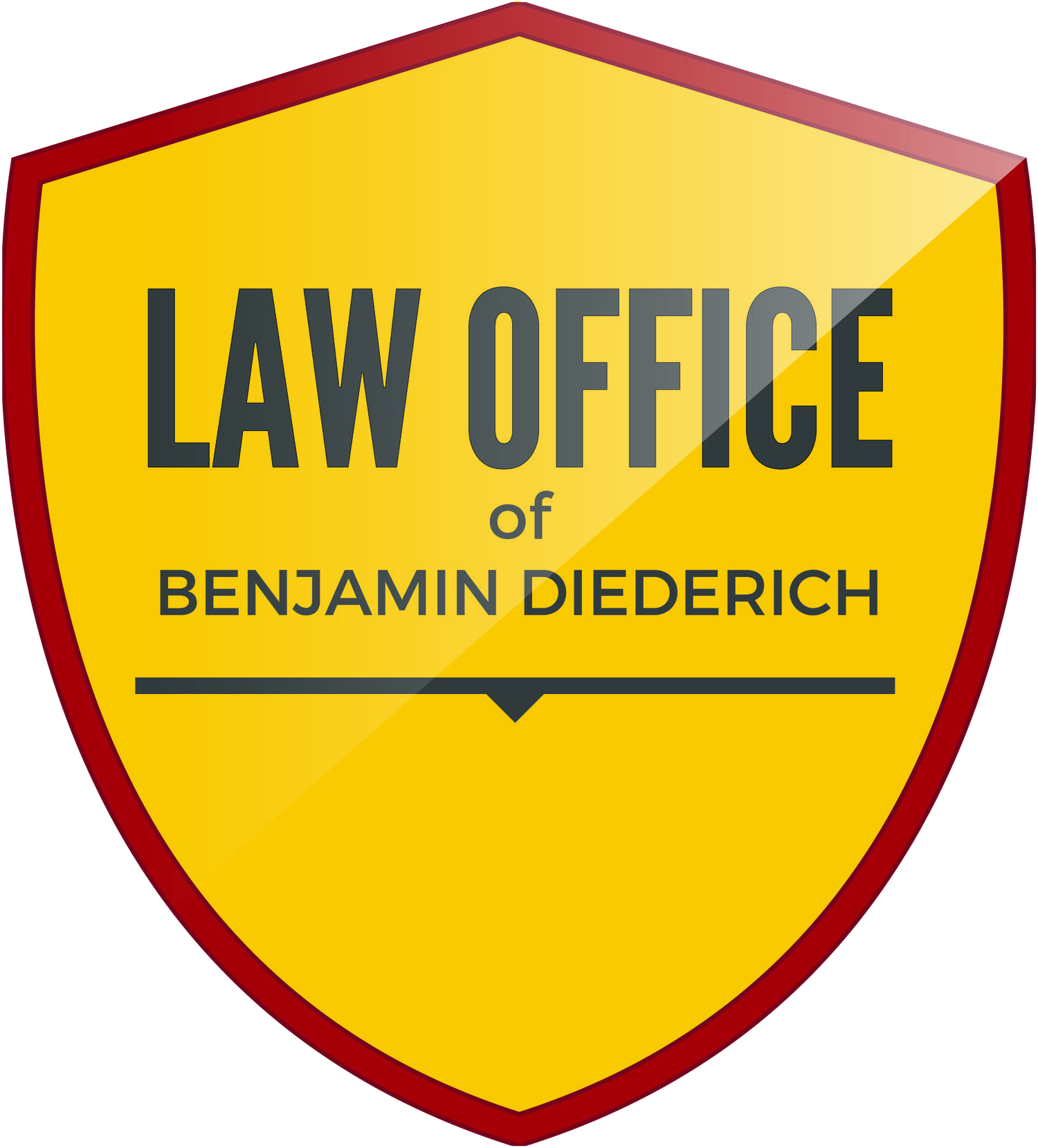A trust is an agreement between three parties: the trust maker, the trustee, who oversees and runs the trust, and the beneficiaries. Beneficiaries are third parties who are going to benefit from the trust. What we deal with most is called a revocable living trust. In revocable living trusts, you are the trust maker, the trustee, and the beneficiary, while you're alive. You can still sell, buy, and move your assets in and out of the trust. You're not limited in any way, while you're still alive.
One of the largest benefits of the trust is that since your assets are held in the name of the trust rather than your name individually, you don't have to go through the probate process after you die. Another huge benefit is that they can be effective even while you're incapacitated. With a trust, you can have strong incapacitation provisions that allow someone to step in and manage things for you while you're incapacitated. If you regain your capacity, you can regain control.
Limitations To A Trust…

